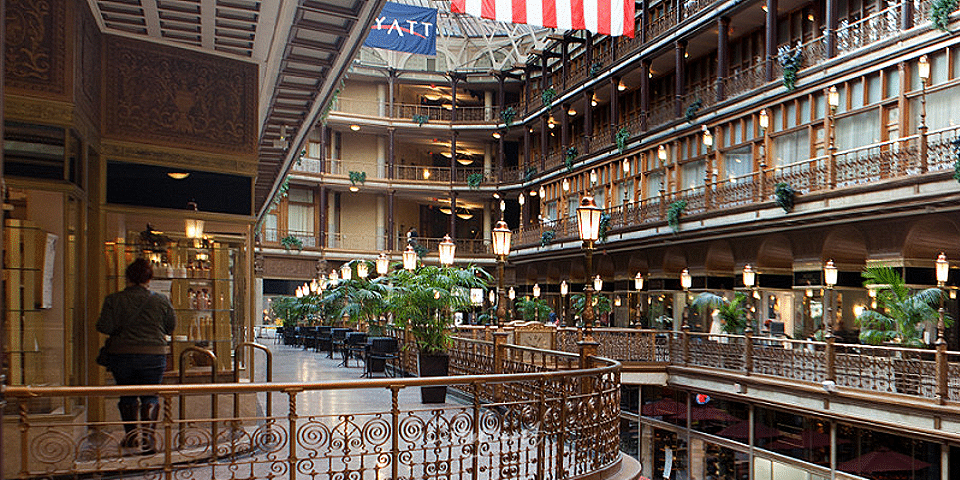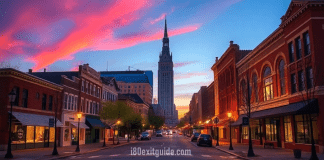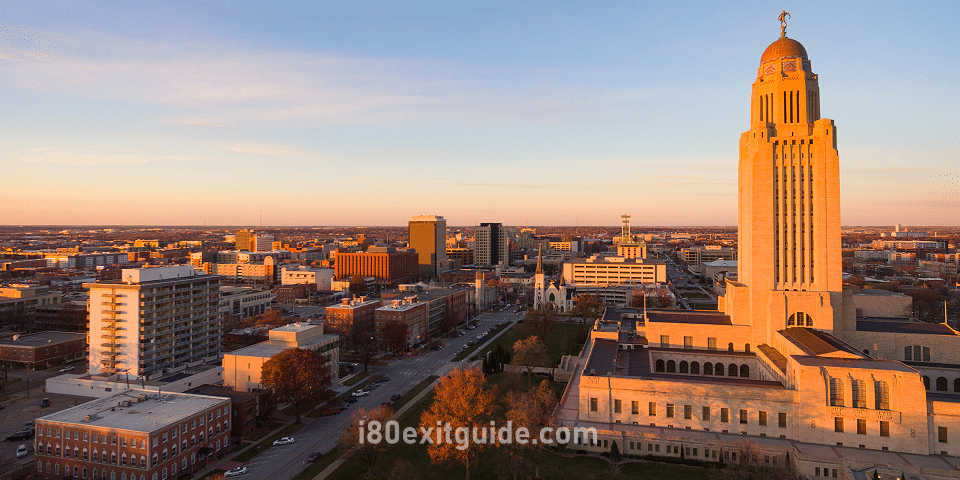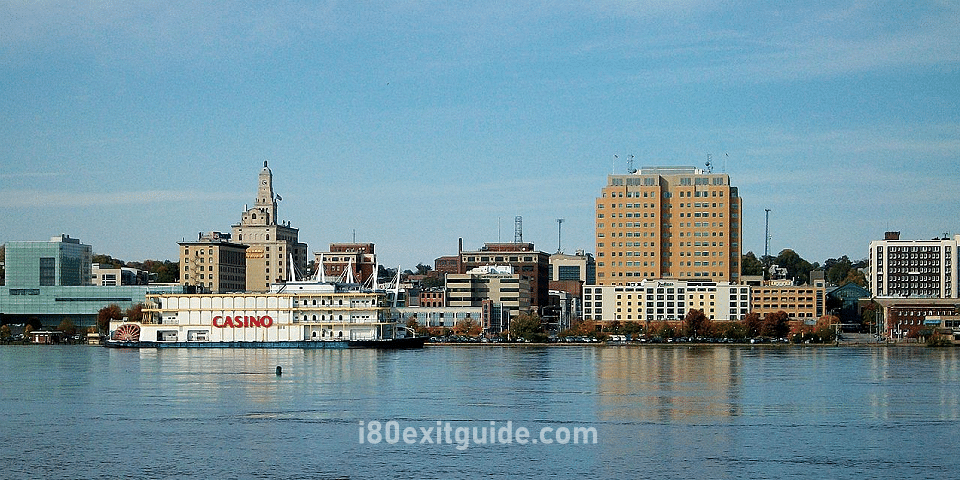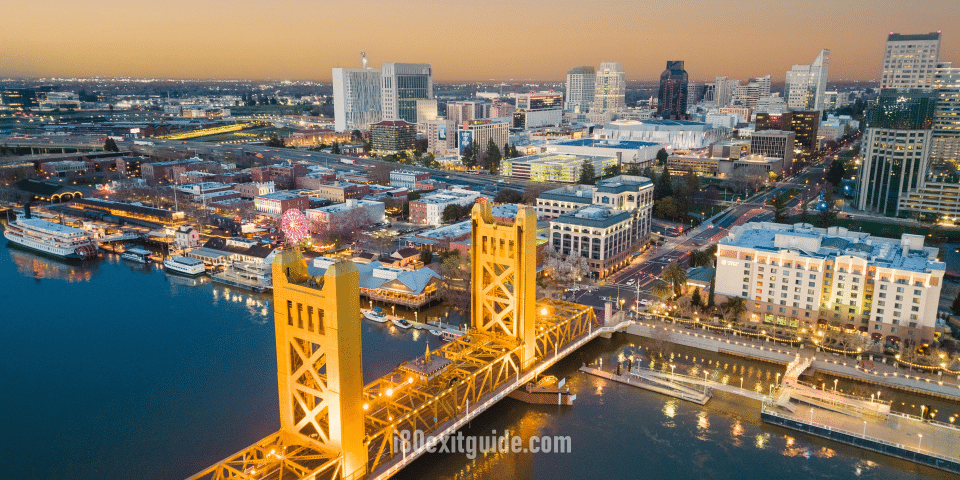Cleveland is a culturally diverse city on the shores of Lake Erie, one of the Great Lakes, in Cuyahoga County, Ohio. Recreational, cultural and educational opportunities are abundant throughout Northeast Ohio. You’ll find world-class museums and cultural events, professional sports and amusement parks, and the most golf courses per capita in the United States. Places Rated Almanac ranks the area second in recreational options out of 354 US metro areas. This region ranks fifth in the nation in number of major cultural resources per one million residents.
Cleveland is the urban center of Northeast Ohio, the 15th largest combined metropolitan area in the United States. From 1890 until 1970 per US Census Bureau statistics, Cleveland was ranked as one of the 10 largest cities in the U.S. Like most U.S. cities, Cleveland began to lose population to suburban areas in the 1960s and 1970s. However, in the mid-1980s, Cleveland earned the nickname the “Comeback City” as the urban core experienced a dramatic revitalization process that continues today. As its “comeback” has continued, the official moniker is now the New American City as Cleveland has rightfully earned the reputation as a model of effective public-private partnership for urban planning.
Despite the common perception that Cleveland is an industrial town, just beyond the automotive and steel plants, a clean and beautiful downtown rises at the mouth of the Cuyahoga River on the southern shore of Lake Erie (often marvelled over by visitors who are surprised you can’t see the other side, i.e., Canada). Like other cities in the so-called “rust belt”, Cleveland has endured growing pains as it makes its transition from a manufacturing-based economy. While Cleveland continues to play a leading role in building the U.S. industrial base, it has also developed economic prowess in the fields of health care, law, finance, insurance, real estate development, and professional services.

